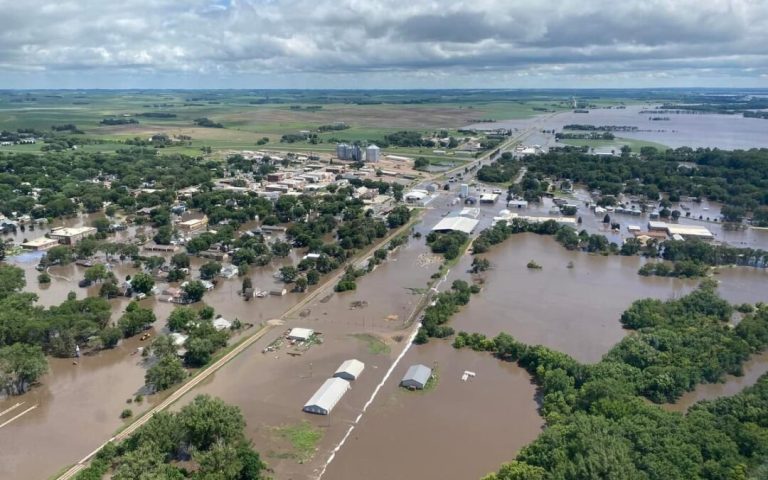Washington, D.C. — 4th District Representative Randy Feenstra, of Hull, joined Iowa U.S. Senator Joni Ernst, a combat veteran and ranking member of the Senate Armed Services Subcommittee on Emerging Threats and Capabilities, on a congressional delegation mission to Panama and Colombia over the past several days to meet with senior leaders in the countries to discuss challenges and opportunities in the region — particularly related to the United States’ southern border and other national security challenges. Feenstra and Ernst were joined by Michigan Representative Lisa McClain.
According to a press release from Congressman Feenstra’s office, while in Panama, Ernst, Feenstra, and McClain received an overview of U.S.-Panama relations and discussed Chinese influence in Panama, including maritime security and infrastructure investments. They also met with members of the National Assembly, as well as Foreign Minister Erika Mouynes and Director of Migration Samira Gozaine.
In addition, the delegation joined Panama’s Vice Minister of Public Security Ivor Pitti for an overflight of the Panama Canal, where they discussed economic impacts of the canal and Chinese attempts to purchase portions of the operation.
In Colombia, Ernst, Feenstra, and McClain met with the Colombian President, Members of the Colombian Congress, U.S. Ambassador to Colombia Philip Goldberg, and other embassy and Department of Defense officials.
The members held a roundtable with Colombian Migration Agency Director Juan Francisco Espinosa on the challenges presented by the over 9,000 migrants stranded in the country amid a surge of people passing through on their way to the U.S. southern border.
Following the roundtable, the members met with President of Colombia, Iván Duque, and his Ministers, including Vice President and Minister of Foreign Affairs Marta Lucía Ramírez.
The delegation also flew to a coca field and discussed U.S.-Colombian efforts to combat drug trafficking through eradication and efforts supporting economic development of rural Colombia, aiding transition away from a drug economy controlled by cartels into a rules-based model of economic development.











